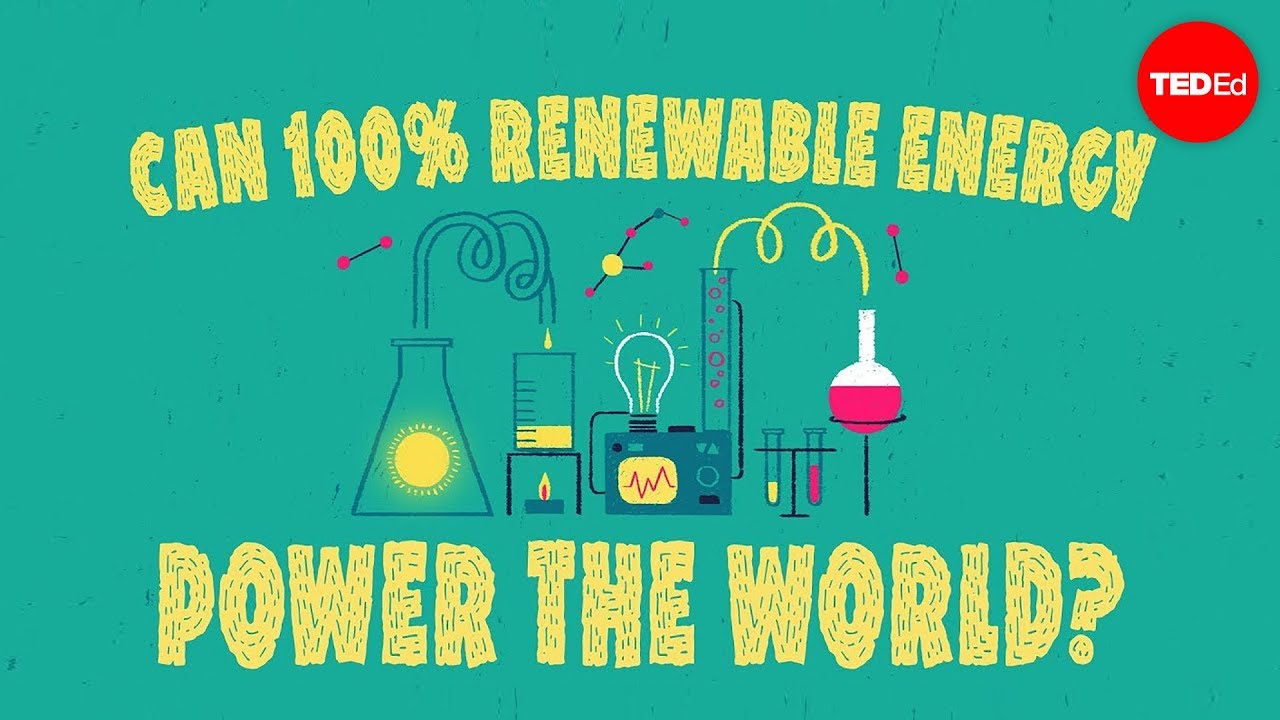
The Road to 2050: Can Education Meet the Green Energy Goals?
As the world grapples with the urgent need to transition towards sustainable and renewable energy sources, education plays a crucial role in achieving the ambitious green energy goals set for the year 2050. Education not only empowers individuals with the knowledge and skills needed to drive innovation and technological advancements in the field of green energy, but also fosters a mindset of sustainability and environmental stewardship.
The Importance of Education in Sustainability
Education serves as the foundation for building a sustainable future by raising awareness about the environmental challenges posed by traditional energy sources such as fossil fuels. By educating students, professionals, and communities about the benefits of renewable energy technologies, we can inspire a collective effort towards achieving a low-carbon and environmentally-friendly energy system by 2050.
The Role of Educational Institutions
Educational institutions, including schools, universities, and research centers, have a critical role to play in driving the transition to green energy. By integrating sustainability and renewable energy concepts into their curricula, these institutions can equip the next generation of leaders and innovators with the knowledge and skills necessary to tackle the challenges of climate change and energy sustainability.
Challenges and Opportunities
Despite the progress made in promoting green energy solutions, there are still significant challenges that must be addressed to meet the 2050 green energy goals. One of the key challenges is the need for a skilled workforce with expertise in renewable energy technologies and sustainable practices. Education plays a vital role in addressing this challenge by providing training and educational opportunities for individuals interested in pursuing careers in the green energy sector.
Collaboration and Knowledge Sharing
Collaboration among educational institutions, governments, industry stakeholders, and non-profit organizations is essential to accelerate the transition to green energy and achieve the 2050 green energy goals. By sharing knowledge, resources, and best practices, these stakeholders can work together to overcome barriers and drive innovation in sustainable energy technologies.
Empowering Communities
Education plays a crucial role in empowering communities to embrace green energy solutions and participate in the transition towards a sustainable energy future. By raising awareness about the benefits of renewable energy sources and providing training on energy efficiency and conservation practices, communities can take proactive steps towards reducing their carbon footprint and contributing to climate change mitigation.
Conclusion
In conclusion, education is a key enabler in achieving the green energy goals set for 2050. By equipping individuals with the knowledge, skills, and mindset needed to drive the transition towards sustainable energy solutions, education can pave the way for a cleaner and greener future. Through collaboration, innovation, and community engagement, we can collectively work towards a low-carbon economy and a more sustainable planet for future generations.

